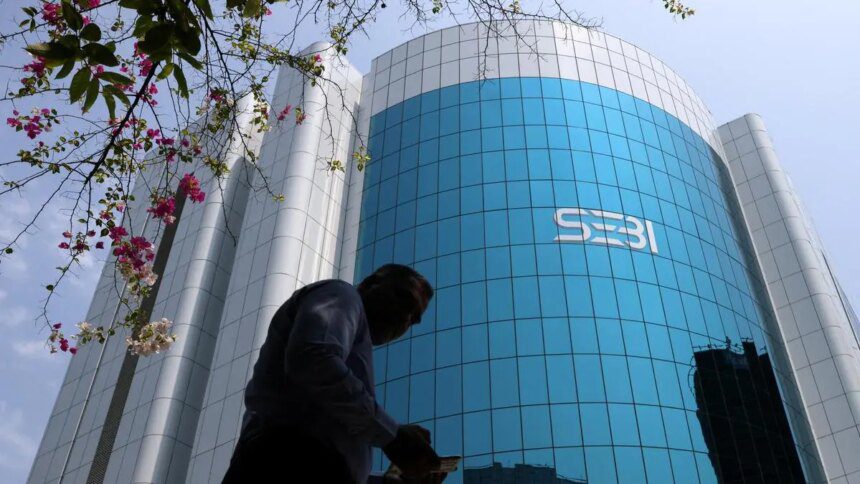SEBI has directed AMFI to communicate the instruction to all AMCs and ensure compliance with immediate effect | Photo Credit: FRANCIS MASCARENHAS
The directive comes following clarifications sought by several mutual funds and the Association of Mutual Funds of India (AMFI). With the current direction, mutual funds can now invest either directly in IPOs or through the qualified institutional buyer and anchor investors portion.
Pre-IPO placement are usually made a few months before the opening of anchor investment and the public issue.
Listing Compliance
In a letter to the industry body AMFI, SEBI stated that Clause 11 of the Seventh Schedule of the SEBI (Mutual Funds) Regulations, 1996, mandates that all investments by MF schemes in equity shares and equity-related instruments must be made only in listed securities or to be listed securities.
“If the schemes of the Mutual Funds are allowed to participate in pre-IPO placements, they may end up holding unlisted equity shares in case the issue or listing cannot be concluded for any reason, which would not be in compliance with the said clause,” said the SEBI letter.
“Therefore, it is hereby clarified that in case of IPOs of equity shares and equity-related instruments, schemes of Mutual Funds can only participate in the Anchor Investor portion or in the public issue,” it said.
SEBI has directed AMFI to communicate the instruction to all Asset Management Companies (AMCs) and ensure compliance with immediate effect, sources said.
Lock-in Risk
Under SEBI regulations, there is a lock-in period of six months for pre-IPO shares for most investors who are not promoters or anchor investors. This period starts from the date of allotment of shares and is designed to stabilize the stock price and prevent sudden sell-offs after the company lists on the stock exchange.
The price at the pre-IPO stage is fixed based on the assumption that the company will list at a certain premium and investors can make a good profit in a short span of time.
Moreover, there is a greater risk of the company failing to get SEBI approval for listing due to various reasons.
On the contrary, a fund manager said the issue price under the QIB or anchor portion is the same as the IPO price, and there is not much alpha to be made.
Besides not offering any price advantage, the allotment under QIB comes with a lock-in of six months from the time of listing, and stock can move either way before MFs can think of booking profit, he added.
Given the recent trend, an analyst said most IPOs are already priced at a premium and there is hardly any room for investors to make money soon after listing.
Published on October 24, 2025










